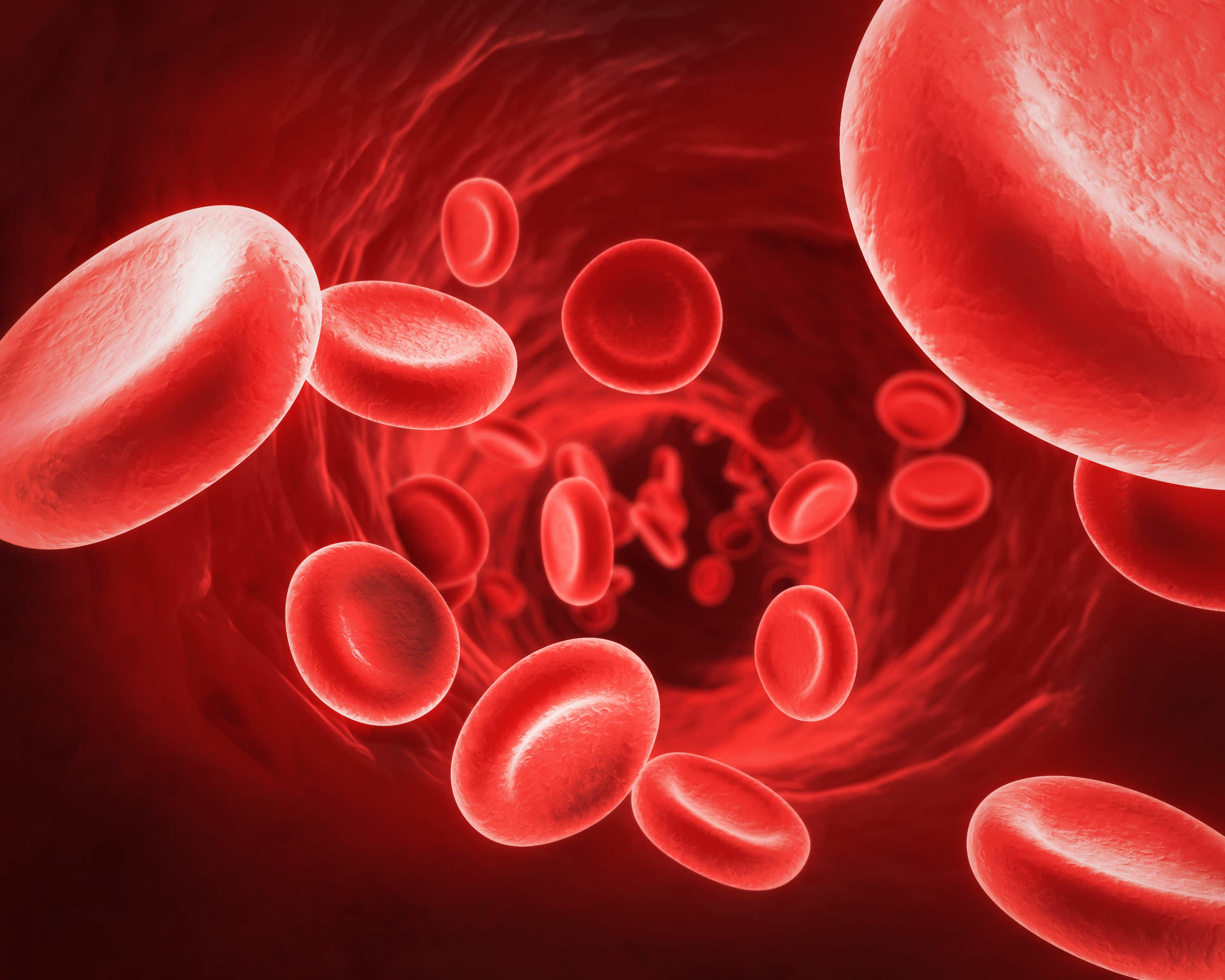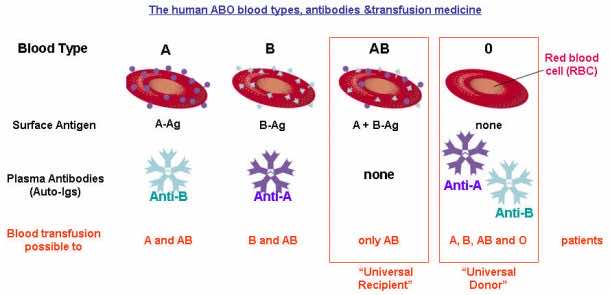Patients face enormous difficulties in arranging blood for transfusion from time to time. Especially, when the blood type is one of the rare types of A- or O-. O- is called the universal donor as it can donate blood to all blood types. The unique properties of O- makes it such a utility that all hospitals have O- blood in their blood banks for emergencies. But due to the rarity of O blood type, the blood bank can never meet the demand of patients so easily.
But in a new development, a paper published in the Journal of the American Chemical Society, researchers have developed a new protein that will effectively make the A or B types behave just like O.
The blood types are determined by the presence of antigens present on the surface of the red blood cells. There are two kinds of antigens that lead to either A or B blood type. If both are present, it is an AB type, and if none are present, the blood type is O type. If the blood from a different type is transferred to the body, dangerous immune reactions are automatically triggered. But, O is admissible in anybody without fear of any backlash from the system. Since O is the universal donor, we need to make the blood cells free of these antigens.
In previous attempts to achieve universal donor blood type, the enzyme used to cut off the antigens was far too inefficient, and it was helpful for only one type of blood. But, with the help of successive genetic engineering, the University of British Columbia researchers have made a mutant enzyme that is 170 times more potent than earlier ones. Plus, it can be used to separate both A and B-type antigens.
While the majority of the antigens of A and B types are removed by this process, the enzyme isn’t ready for hospital use as some variants of these antigen families are resisting the process. The immune system is so sensitive to foreign impurities that it can easily detect any untreated antigen, and will destroy it. A further problem is the RH factor that determines whether the blood is negative or positive. Negative blood types don’t have the RH protein thus making them donors to their respective positive counterparts. If an enzyme is developed that can chip off the RH protein as well, it would be even better as negative blood types are quite rare on their own. Once the Antigens and RH protein are removed, every blood type will behave like universal donor O-, that can donate blood to any other group, regardless of positive or negative.



